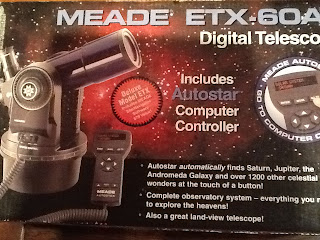 |
| This is a high school physics textbook on my IPad that I read in my spare time. Obviously, there are no words, because this an introduction video clip to the textbook. |
 |
| A chapter in the physics textbook that I read tonight. It talks about centripetal acceleration. |
Throughout my whole life science has fascinated me. I started taking
an active interest in first grade when my uncles introduced me to nature’s
beauty on a trail hike. I’ve always been very curious and inquisitive, so I
soon began to wonder how nature works. Initially, I would ask my uncles
these questions, which soon led to me reading about it on my own. As I got more
in-depth about nature's inner workings, the reading kept exposing me to more
and more of the scientific side. After a while, I began wanting to learn about
the science behind things, until science itself became the priority.
Currently, my favorite branch of science is astrophysics, or the
study of physics in the universe. I love the fact that there is still so much
just waiting to be discovered. Also, the universe is ridiculously large so you
never know what’s out there. There are even a few theories stating that there
may be other universes, each with different physical laws and constants. The
potential idea that we live in a universe among multiple other universes opens
up many possibilities that so far can only come out of our imagination. One
question that I always ask myself when thinking about the universe is “What
if?” This is one of my favorite questions because it allows me to theorize a
scenario. For example, what if I were to exit this universe? Could I do it? If
I did it what would happen; would I freeze due to a lack of the space-time
continuum? Another example might be, what if I went into a black hole? After
being obliterated, what would become of me? Would I sit still with the rest of
the matter at a possible bottom of the black hole? In addition, I love to learn
about the physics behind the interactions of objects in space. I find it so
neat to learn about space-time, gravity, energy, matter, anti-matter, dark
energy, and more. Another good thing about these topics is that we don’t know
everything about them; in fact, we know very little, so it leaves lots of room
for me to speculate.
Outside of the astrophysics field, I’m also driven to learn about
other branches of science. One of these branches happens to be biology. Many in
my family either work within fields of biology or know a lot about it, so it’s
interesting to learn from relatives. My parents both know a lot about biology,
my aunt is a marine biologist, and my grandmother works with many animals, is
an active birder, and reads hundreds of books about animals. Also, one of my
uncles in particular is a botanist, and is always teaching me things. He shows
me new discoveries, documentaries, and answers a lot of my questions. I always
look forward to getting a lesson from a family member.




